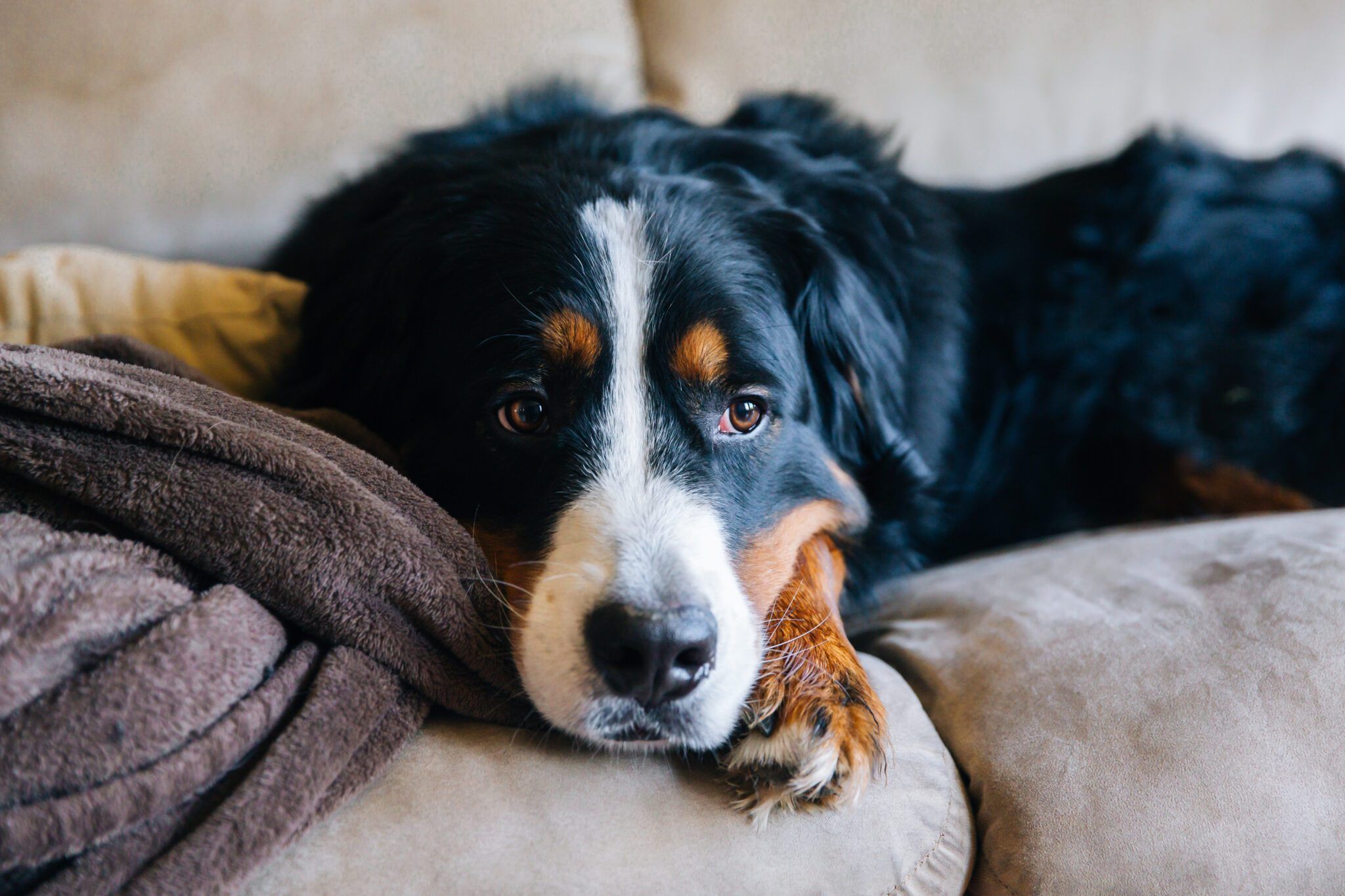Top 10 Breeds Dysfunctional Dogs

Introduction
Dogs are often referred to as “man’s best friend,” but not all canines fit this ideal in terms of behavior. While many dogs are friendly, well-behaved, and easy to train, certain breeds are known for exhibiting dysfunctional or challenging traits that can make them harder to manage as pets. These behavioral issues can range from excessive barking and aggression to stubbornness and a tendency to escape or dig. Some breeds are naturally more independent or high-energy, making them prone to displaying these problematic behaviors if not properly trained and socialized. However, it’s important to note that a dog’s behavior is not solely determined by its breed. Environment, training, and individual personality also play crucial roles.
Chihuahua
Dysfunctional dogs chihuahuas are known for their big personalities in small bodies, often leading to territorial and sometimes aggressive behavior. Their protective nature can make them wary of strangers, causing excessive barking and even snapping in some cases. Despite their size, they tend to think of themselves as much larger, and their fearless attitude can lead to conflicts with other dogs or humans. Early socialization and consistent training are essential to manage these behaviors and ensure they grow up well-adjusted.
Dachshund
Dysfunctional dogs dachshunds, often referred to as “wiener dogs,” are beloved for their quirky and charming appearance, but their personality can be more challenging. Their independent and stubborn nature makes them difficult to train, and they often engage in digging or escaping behaviors. Due to their strong prey drive, they can be unpredictable, especially around smaller animals. Socializing Dachshunds early on can help reduce anxiety and aggression, but they still require dedicated training to manage their more stubborn traits.
Jack Russell Terrier
Dysfunctional dogs jack Russell Terriers are energetic, intelligent, and strong-willed dogs that require constant stimulation. Without enough physical and mental exercise, they can become hyperactive and exhibit destructive behaviors like chewing and digging. Their strong prey drive can lead to chasing smaller animals, and they can be difficult to recall when off-leash due to their independence. Consistent training, along with plenty of activities to keep them engaged, is key to managing their behavior and harnessing their high energy in a positive way.
Beagle
Dysfunctional dogs beagles are friendly, affectionate dogs with a strong sense of smell and an independent streak. Their keen hunting instincts can lead them to follow scents, sometimes causing them to ignore commands and wander off. Beagles are also notorious for their vocalizations, including excessive barking and howling, especially when left alone. Without proper training and supervision, they can become escape artists, as their curiosity and drive to follow scents often lead them to dig or climb out of fenced areas.
Border Collie
Dysfunctional dogs border Collies are incredibly intelligent and energetic, making them excellent working dogs. However, their high intelligence can be a double-edged sword; if not given enough physical and mental stimulation, they may develop behavioral issues like destructiveness, anxiety, or herding tendencies. They have a natural instinct to herd people, animals, or even objects, which can lead to frustration if not channeled properly. Owners must be prepared to engage in daily activities to keep their Border Collie happy and well-adjusted.
Shih Tzu
Dysfunctional dogs shih Tzus are known for their affectionate and friendly nature, but they can also be challenging due to their strong-willed personalities. These small dogs may develop separation anxiety if left alone for extended periods, often leading to destructive behaviors. Shih Tzus can also be difficult to house train, requiring patience and consistency. Their independent streak means they may not always listen to commands, which can make training a slow and sometimes frustrating process for owners. Early socialization and firm yet gentle training are essential for this breed.
Poodle
Dysfunctional dogs poodles are intelligent and elegant dogs, but their sensitivity can lead to behavioral challenges if not properly managed. They are highly responsive to their environment, making them prone to stress and anxiety, particularly if left alone for long periods. Their high intelligence requires constant mental stimulation, and without it, they may develop undesirable behaviors like excessive barking or destructive chewing. Poodles also tend to be more sensitive to changes in routine, so consistency and positive reinforcement are key to keeping them balanced and well-behaved.
Siberian Husky
Dysfunctional dogs siberian Huskies are known for their striking appearance and friendly nature, but their independent temperament can make them a challenge to train. Huskies are strong-willed and often unresponsive to commands, especially when they are distracted or have a more interesting pursuit. Their prey drive is another issue, as they tend to chase smaller animals. Huskies are also notorious escape artists, capable of climbing, digging, or even jumping over fences. Training and exercise are essential to prevent these behaviors and keep a Husky happy and well-behaved.
Basset Hound
Dysfunctional dogs basset Hounds are calm and affectionate dogs, but their independent nature and strong scent-tracking instincts can lead to frustrating behaviors. Their tendency to follow scents can make them difficult to recall or keep on a leash, as they may become so focused on a trail that they ignore commands. Basset Hounds are also known for being stubborn and can be challenging to house train. Their relaxed demeanor and droopy appearance may mislead owners into thinking they’re easygoing, but their behavior requires consistent training and attention.
Bulldog
Dysfunctional dogsulldogs are known for their calm and friendly demeanor, but they can also be prone to some behavioral challenges. Their stubbornness and difficulty in training can make them hard to manage, especially for first-time dog owners. Bulldogs also tend to be more prone to health issues, such as breathing difficulties due to their short snouts, which can sometimes result in frustration or irritability. Proper training, patience, and attention to their health needs are crucial to ensure they remain well-behaved companions.

Conclusion
While certain dog breeds may have a reputation for exhibiting dysfunctional behaviors, it’s important to remember that these traits are not set in stone. Many of the issues discussed can be managed or mitigated through proper training, socialization, and plenty of mental and physical stimulation. Responsible ownership and understanding each breed’s unique needs can lead to a rewarding relationship with any dog. Ultimately, no matter the breed, a well-trained dog with a loving owner can overcome most challenges and thrive in a supportive environment.
You Can Also Read: Top 10 Best Dog Breeds
FAQs
What are the most common behavioral issues in dysfunctional dog breeds?
The most common issues include excessive barking, aggression, stubbornness, anxiety, and destructiveness. These traits often stem from a lack of proper training, socialization, or insufficient physical and mental stimulation.
Can a dog’s behavior improve with training?
Yes, most behavioral issues can be improved with consistent training, socialization, and positive reinforcement. Early intervention is often key to managing dysfunctional behaviors before they become ingrained.
Are certain dog breeds more prone to separation anxiety?
Yes, breeds like Shih Tzus, Poodles, and Chihuahuas are known to be more prone to separation anxiety. Providing them with a consistent routine and engaging activities can help reduce these feelings.
How can I prevent my dog from becoming destructive?
Ensure your dog receives enough exercise, mental stimulation, and attention. Implementing a consistent training routine and addressing behavioral issues early can prevent destructive behaviors like chewing, digging, and excessive barking.
Is it possible to train a stubborn dog breed?
Absolutely. While some breeds may be more stubborn, with patience, positive reinforcement, and consistency, most dogs can learn new behaviors and respond to training.
